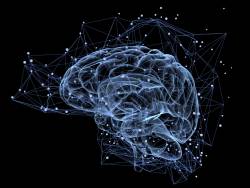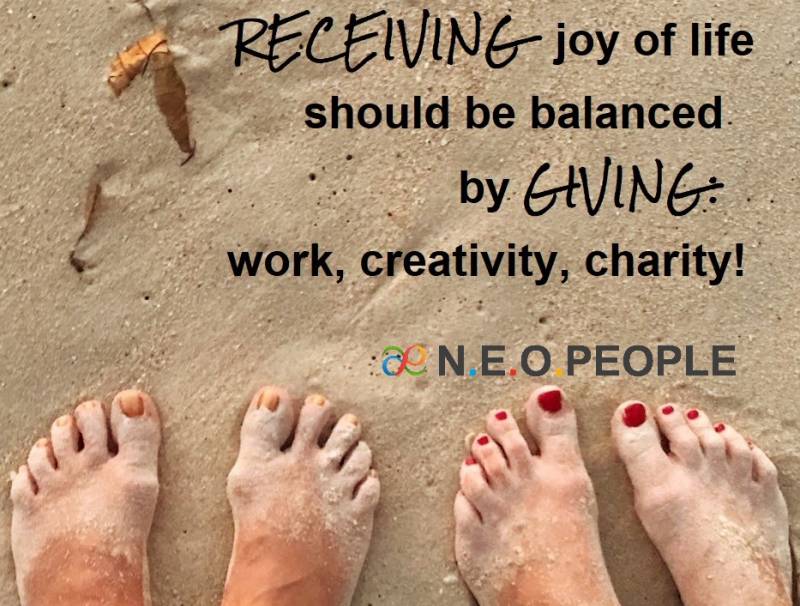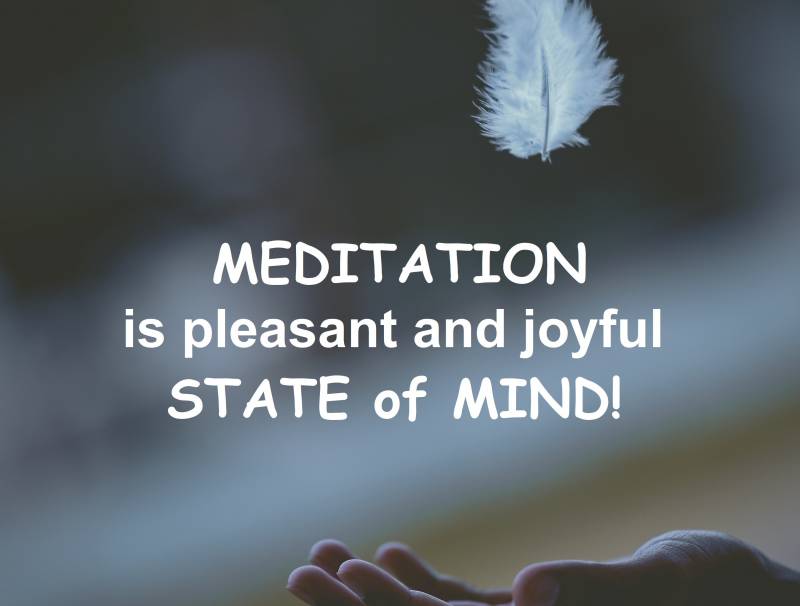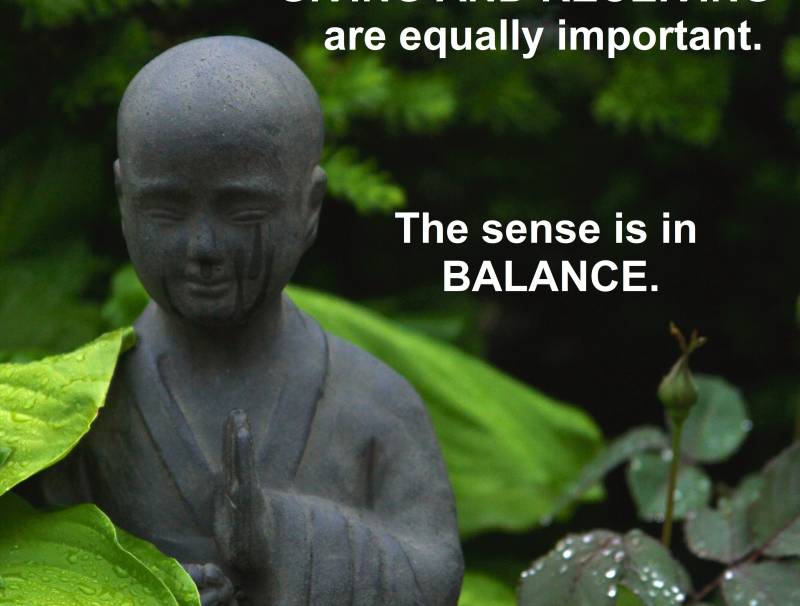ON ENLIGHTENMENT AND CONSCIOUSNESS WITHOUT MYSTICISM. PART 1
Today I am going to talk about enlightenment and awareness without esotericism and "mystical" experience. I will also discuss psychotherapy, spiritual practices, and our everyday reality. Fortunately, we are lucky to live in the time when we can talk about it freely, without interpreting it as something extraordinary or supernatural. It is no longer necessary to believe that one has to go to the Himalayas and spend there 3 years in a cave without civilization in order achieve enlightenment.
This morning I felt like writing an entire post in this regard, decomposing these seemingly complex phenomena into simple ones. At this point, I would like to make a clarification. The version that I propose is just a version based on my personal experience. Maybe it will resonate with other people.
I'll start from the very top. I will start from enlightenment. Not once did I clearly understand that the states I experienced are the exact same enlightenment. Yet, since I could not explain this experience clearly, I remained silent. I was accumulating understanding gradually so that it would not look ostentatious or excessively meaningful. Today I am ready to share it through a simple narrative.
A lot of people experienced short-term states of enlightenment that were different in their depth, intensity, and scope of influence they exert on our vision of life. Still, at the same time, the impression that only the privileged few can achieve enlightenment was remaining. In fact, this idea emerged just because there was no intelligible description (of the notion of enlightenment). We mostly heard about some incredible states, an ecstasy. That is why we could not recognize the "Columbus's ships" like aboriginal people.
Now is the time of people who have already left the utilitarian social templates.
A new wave directs towards the exploration of self, of one's individuality, of one's soul. People collectively started to pay attention to the feelings, the train of thought, the chain of convictions and the motives of action. That is right! This is how it should be. Because this is the beginning of the creation of a conscious society.
If anyone remembers, a year ago I wrote about my speech at the conference on Jungian psychoanalysis and discussed the positions of attention, the phases of awareness' development and my style in psychotherapy. In fact, I was discussing those support pillars that I use, both in my personal development and in therapeutic sessions. I was also talking about how, since I was 17, I have been trying to understand what is consciousness, how attention works, what is meditation and what is the meaning of the life.
Talking about it once again, here are the 3 reference points:
Attention, as an energy distribution tool. Any experience of focusing and moving attention to different positions in relation to situations and, primarily, to one's self is worthwhile. What do different positions of attention mean? That is just simple. It means to look at the situation from different angles, either from the perspective of a stranger, or with the eyes of the person with whom you interact, or even from above, without attaching any judgments.
This skill gives you an opportunity just to observe where your energy flows, and where it accumulates. Where is attention, there is energy. It is extremely important for development to be able to center your attention and keep it as much as needed. In meditations, this skill is called focusing or concentration. What does it afford?
TO BE CONTINUED...






















